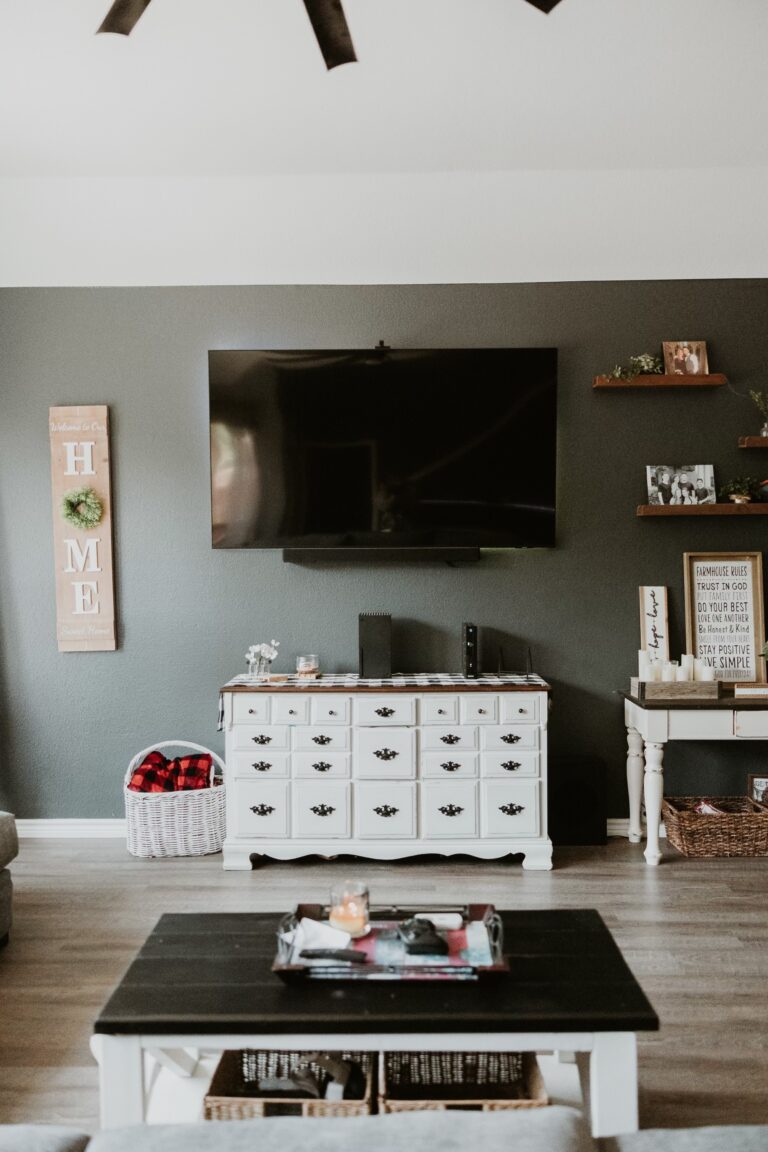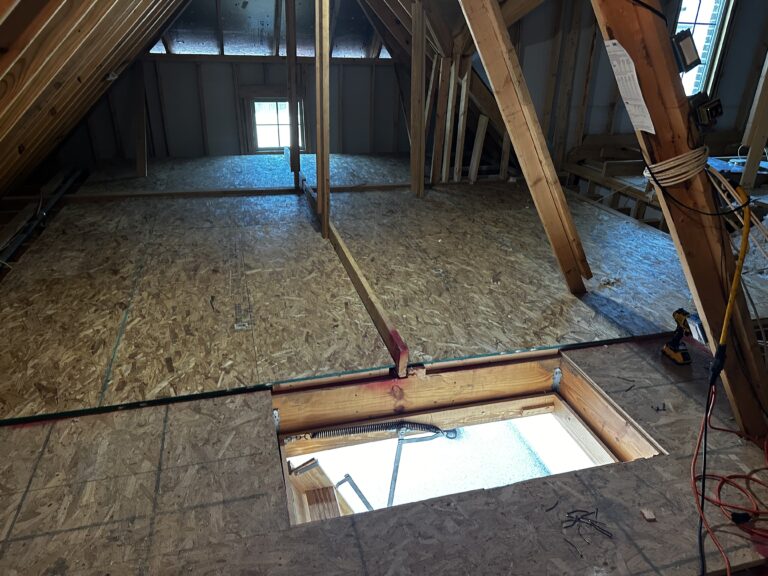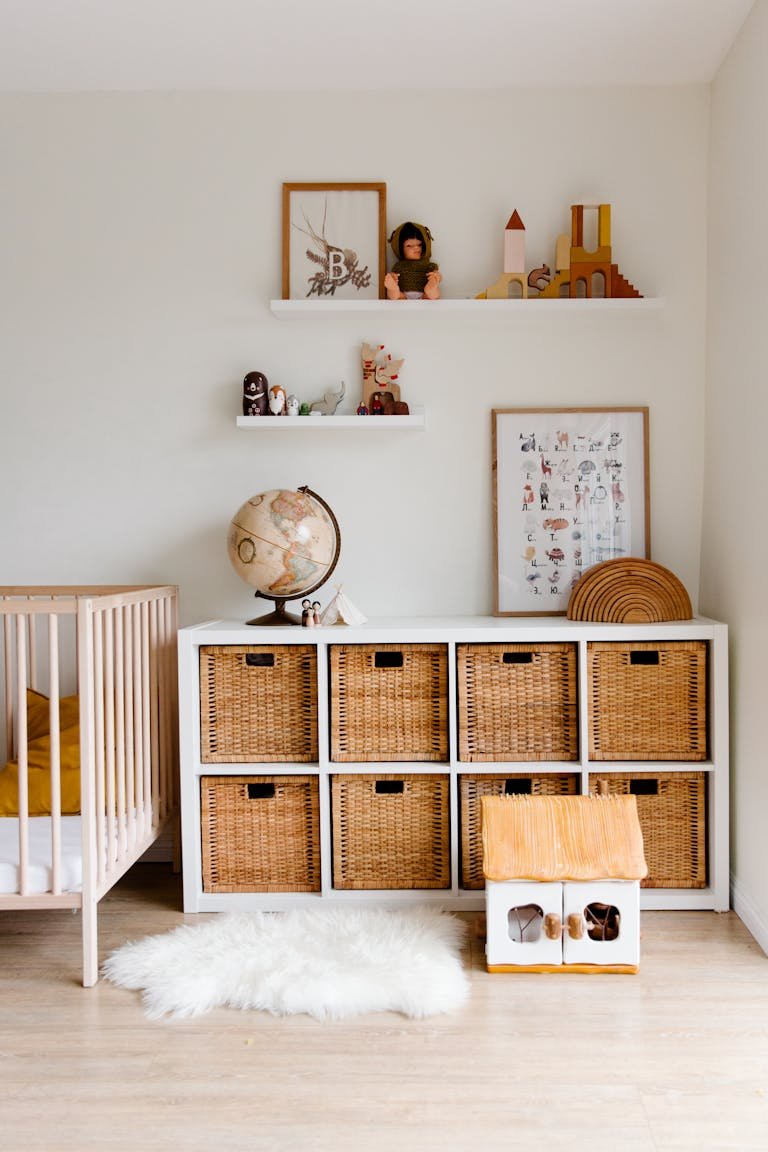The Energy-Saving Benefits of Blinds: Lower Your Energy Costs
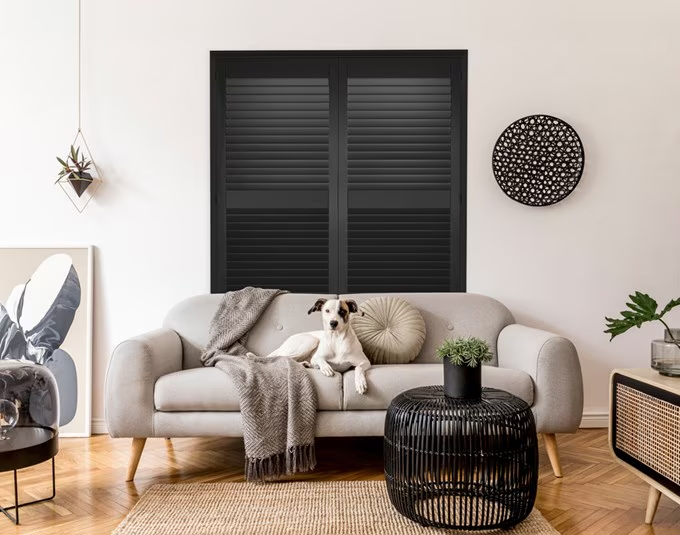
When it comes to lowering your energy bills, you might not immediately think of blinds, but window treatments play a crucial role in energy efficiency.
By controlling the amount of sunlight and heat that enters or escapes from your home, blinds can significantly reduce heating and cooling costs.
Heat reduction in the Summer
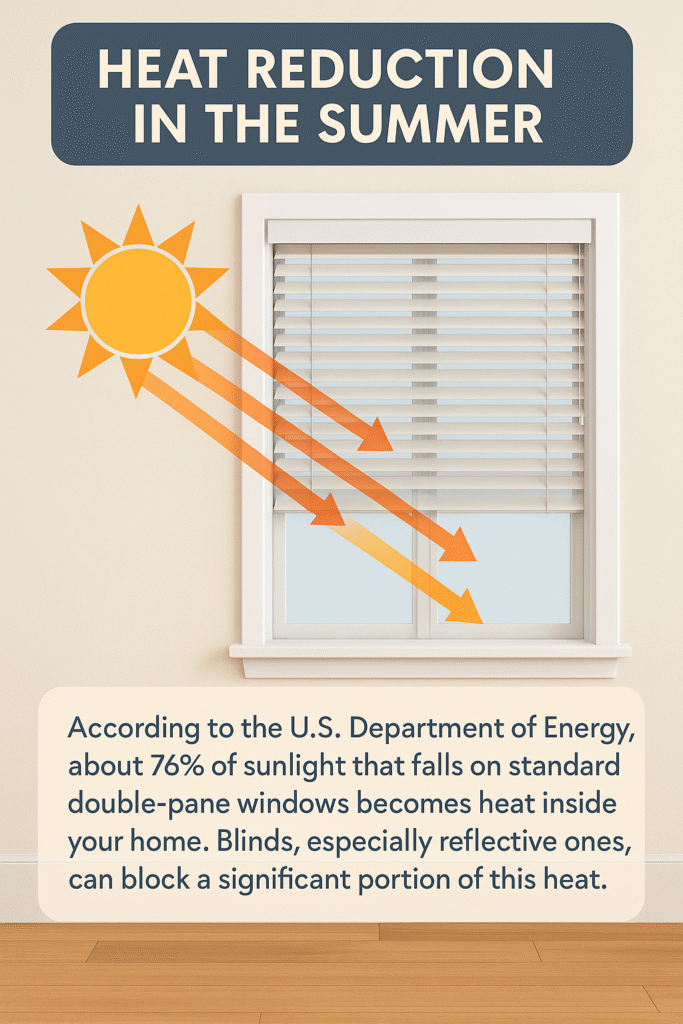
How It Works
Blinds offer the flexibility to be adjusted in a way that reflects sunlight outward, helping to reduce the need for air conditioning, especially on hot days. To achieve maximum cooling efficiency, consider choosing lighter-colored blinds, as they are more effective at reflecting sunlight and keeping your space cooler.
Tips for Heat Retention
Thermal Insulated Blinds
Honeycomb Cellular Shades
Magnetic Window Insulation Kits
Weatherproofing Strip Tape
Curtain Layering (Thermal or Blackout Curtains)
Indoor Thermometers or Smart Room Sensors
Heat Retention in Winter
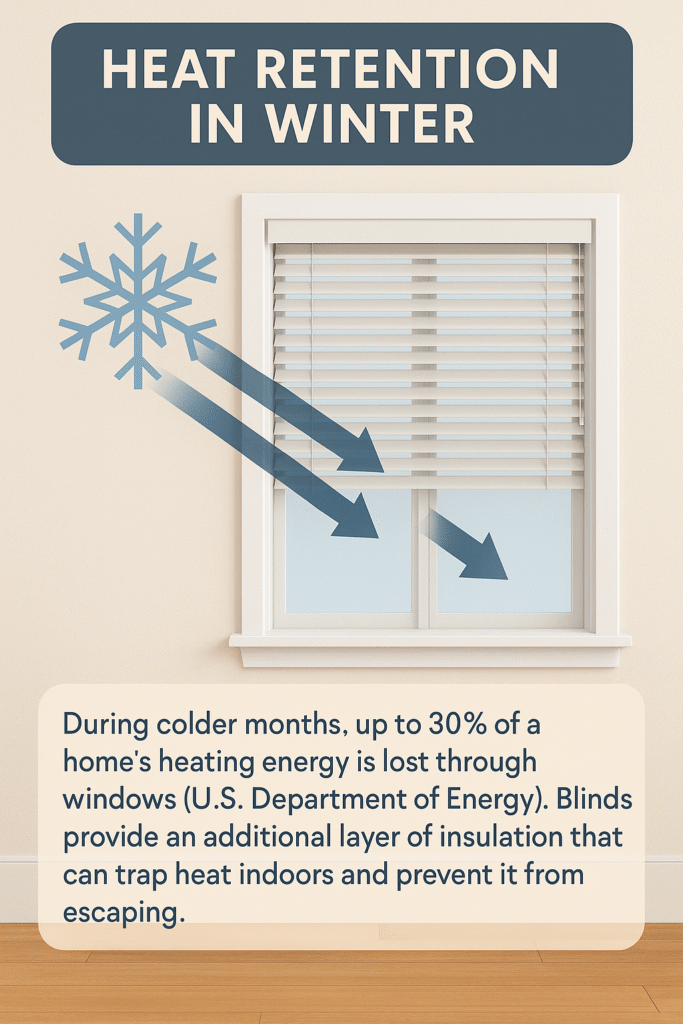
How It Works
When closed at night or during cold days, blinds act as an insulating barrier, separating the chilly air near the window from the cozy warmth inside your home. This added layer of insulation helps to reduce heat loss, allowing your heating system to work more efficiently and maintain a comfortable indoor temperature.
Types of Blinds for Maximum Energy Efficiency
- Cellular (Honeycomb) Blinds
- Feature a hexagonal cell structure that traps air.
- Provide the highest insulating value among all blinds.
- Ideal for reducing both heat loss in winter and heat gain in summer.
- Vertical Blinds
- Useful for large glass doors and tall windows.
- Can deflect sunlight when tilted at the right angle.
- Better when made from vinyl or fabric with reflective backing.
- Wooden Blinds
- Naturally insulative thanks to wood’s thermal resistance.
- Aesthetic and functional—can reduce heat loss and add style.
- Best when paired with curtains for better coverage.
- Reflective Blinds
- Often aluminum-coated or feature reflective materials.
- Most effective at bouncing back sunlight during summer.
- Dual-purpose when paired with insulating fabrics for winter.
Other Benefits of Energy-Efficient Blinds
Increased Comfort
Reduced Wear on HVAC Systems
Lower Carbon Footprint

Expert Insights on Blinds and Energy Efficiency
A study conducted by the Lawrence Berkeley National Laboratory found that well-insulated window treatments like blinds and shades can reduce energy usage by 10%–30%, depending on the type of treatment and climate.




















